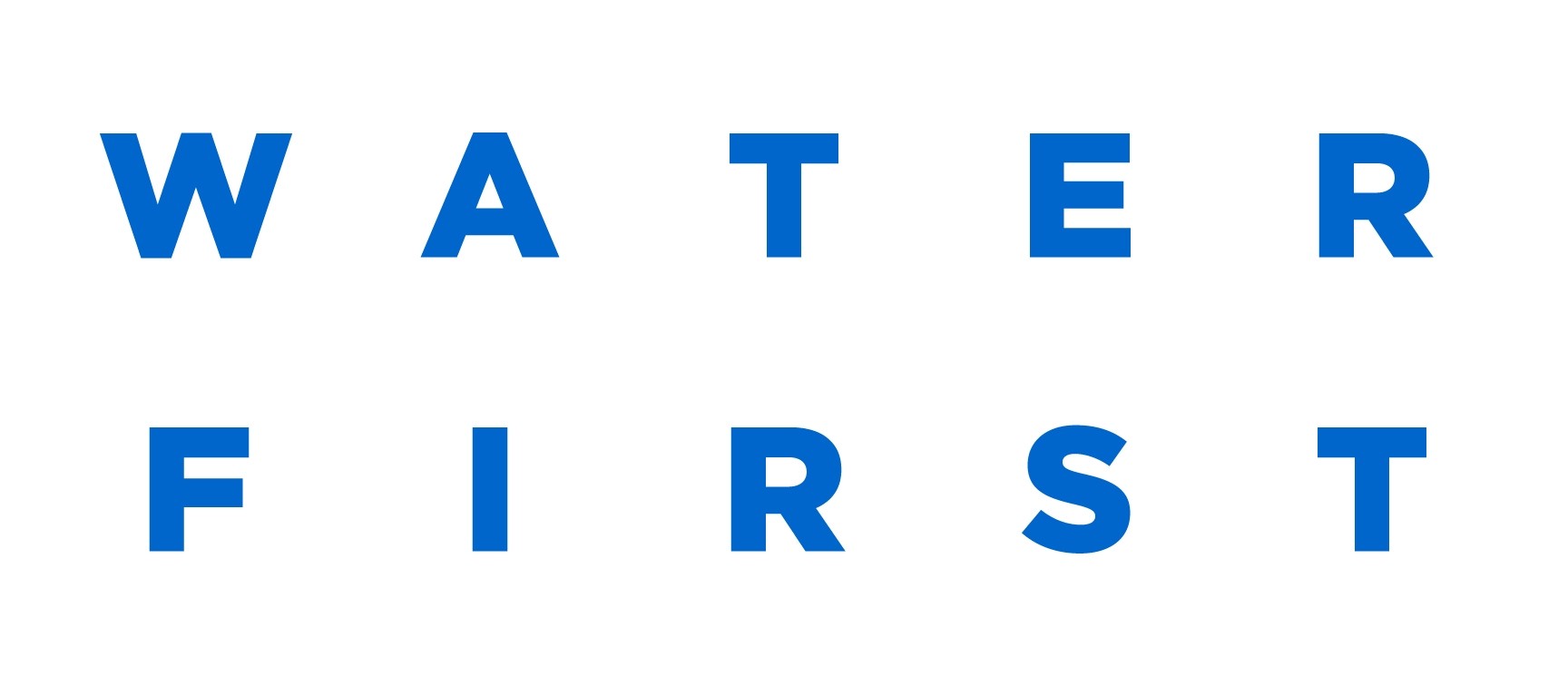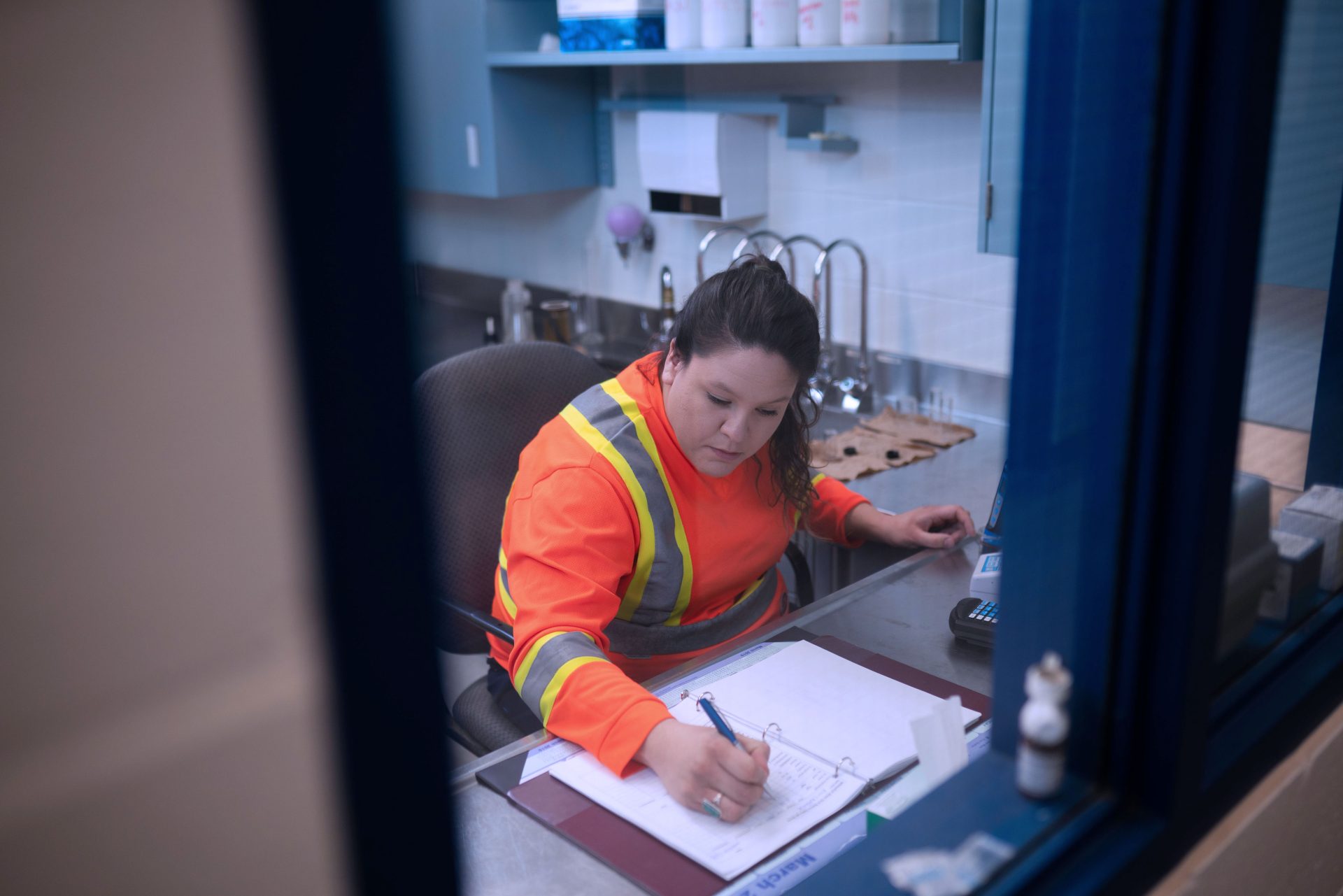The latest news and updates on our programs.
Contents:
Planting the Seed for Future Water Scientists
Our Indigenous Schools team was recently in Dokis First Nation. During this program, students at Kikendawt Kinoomaadii Gamig went to visit their local water treatment plant. Going to visit the plant strengthens the students’ appreciation and respect for where clean water comes from, and for the passionate work that goes into ensuring water is safe to drink. While they were there, the students met Louise, the water treatment plant operator, and two interns from the Drinking Water Internship program, Kennedy Dokis and Harmony Restoule who are currently working at the plant. How cool is that?!
The long-term vision of our Indigenous Schools Water Program is to provide opportunities for Indigenous school-aged students to see a future for themselves in the water sciences. By seeing community members working to provide clean water, students deepen their connections to the content in the workshops, and can even see themselves in a similar position someday.


So, when Louise, Kennedy and Harmony then also visited the classroom to share their personal experiences with the kids about what they are doing at the water treatment plant and why it’s important, that’s exactly what happened! The younger kids thought of Louise as a “Water Doctor” and expressed a desire to “be water scientists” when they grew up.
One of our educators, Adrianna Bilinkski, explained, “At the water treatment plant many of the students knew Louise, and her face lit up to see them and their excitement to learn about her work. There were many hugs given, and one student exclaimed to Louise ‘I didn’t know you were a scientist!’ and proceeded to say, ‘I want to be a scientist when I get older’.”
On the final day, Veronica Dokis shared some of Dokis’ history with the students. Reaching back to where the people lived in 1850 with the signing of the Robinson-Huron treaty. She explained that the people used large canoes to travel the lakes and river when the water was open, and horse-drawn sleds when the water was frozen over. She encouraged them to go home and ask their grandparents or others in the community about these times because they actually lived it; they remember how vital the water was to the people.
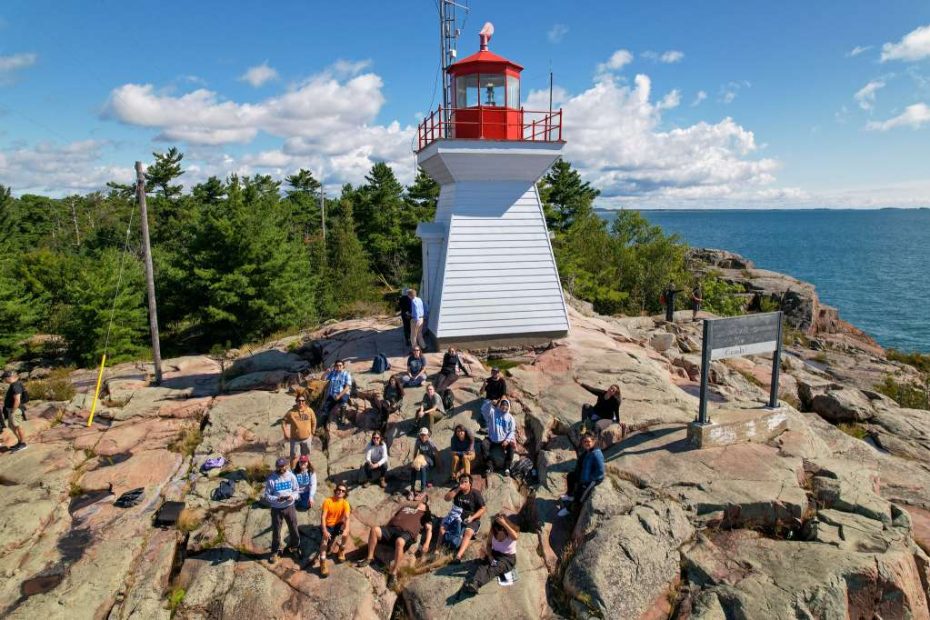
A Personal Reflection
Nick Chapman from Temagami First Nation is an Intern in the Drinking Water Internship Program. She recently wrote a beautiful reflection on her experience in the program so far, “How to Be the Safety Line“.
Future Water Quality Analysts in Training
A key aspect of our training programs is to create the bridge between the solid base of knowledge and skills that partners currently have to where they are wanting to get to. So, when the interns of the Drinking Water Internship were preparing to write the most challenging of the three certification exams, we created an entirely new workshop to build the foundation necessary for water quality analysis. This week-long workshop took the interns on a deep dive into atomic, water and solution chemistry through hands-on lab activities and group work.
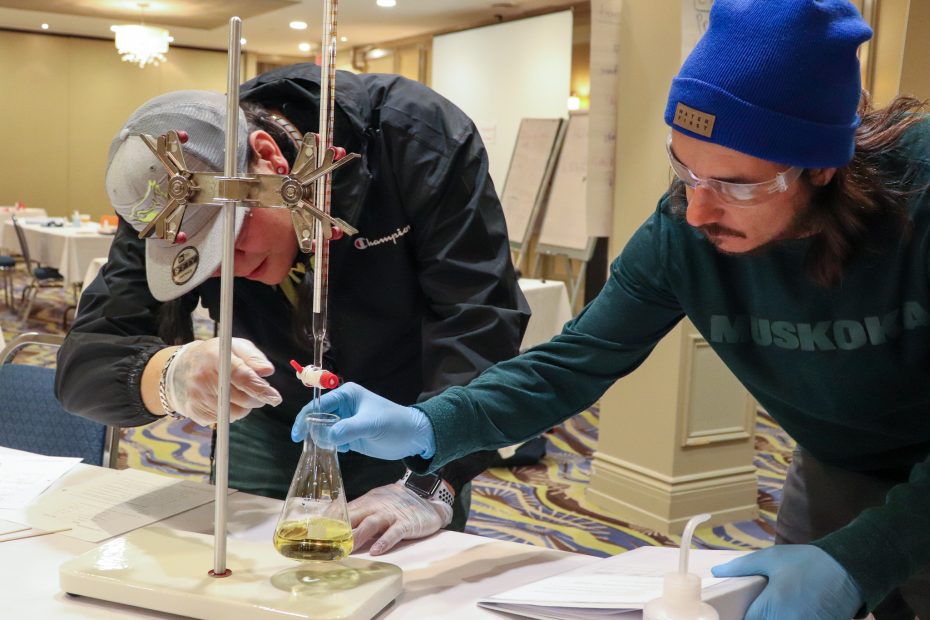
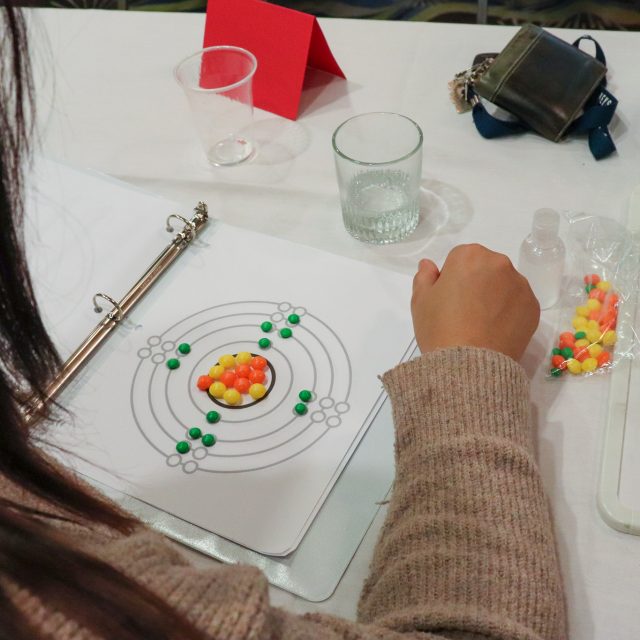
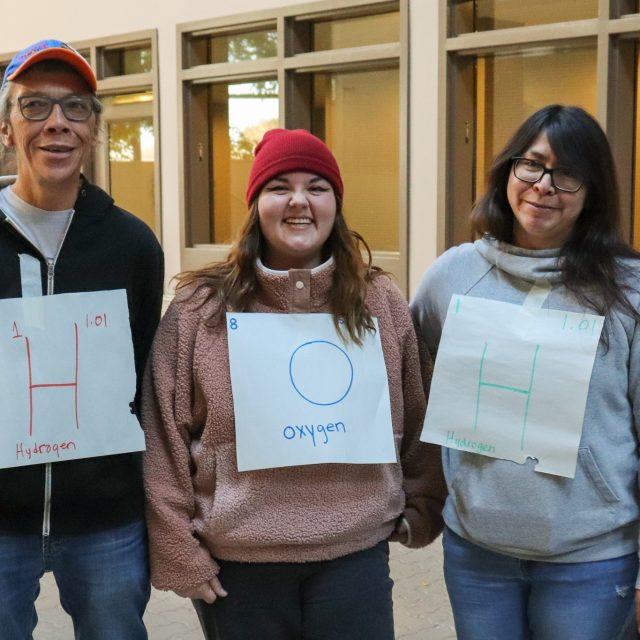
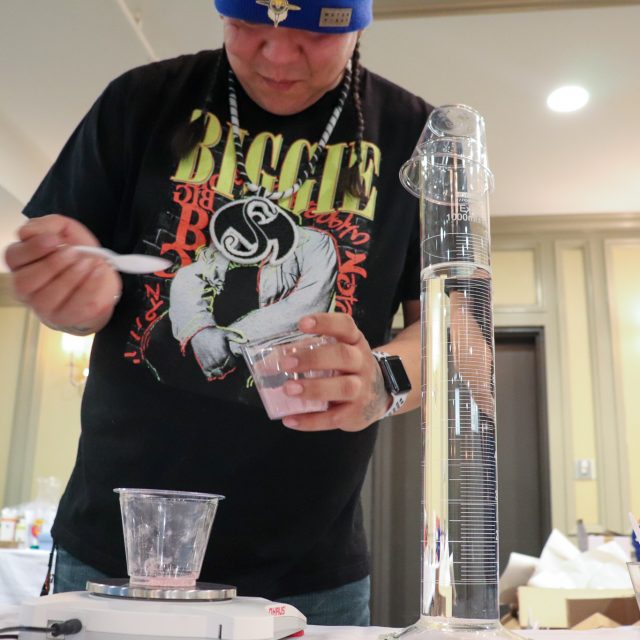
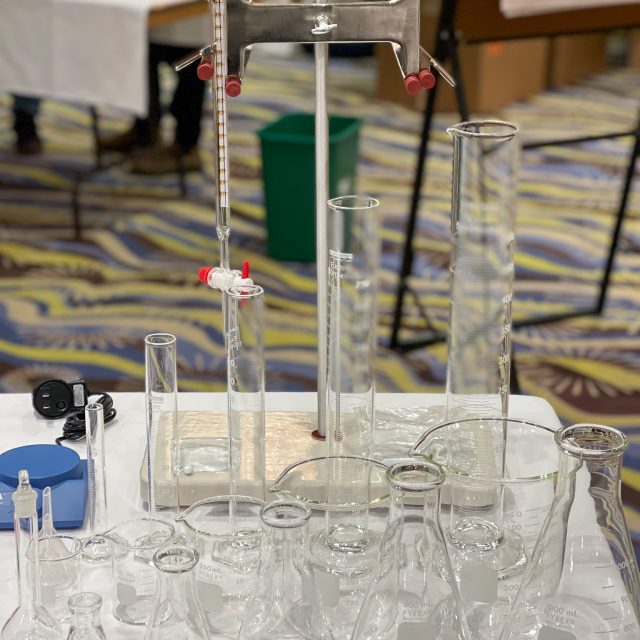
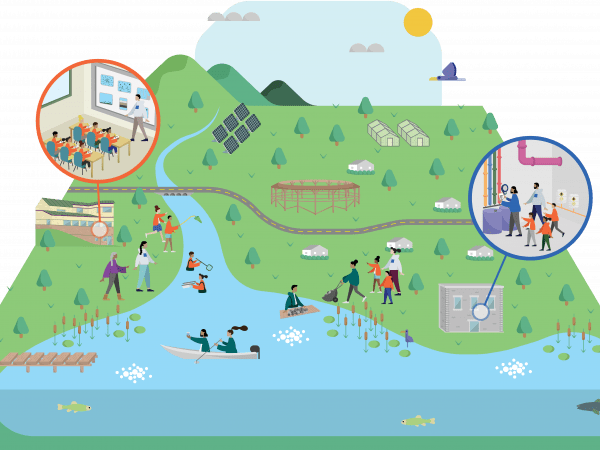
Nurturing Interconnectivity
Check out our new interactive map to learn more about how Water First is working to nurture interconnectivity within our programs.
New Drinking Water Internship Begins in July
We are so excited to announce that another Drinking Water Internship is set to kick off in July! The NSTC Water First Internship is a collaboration and partnership with Mamaweswen, the North Shore Tribal Council (NSTC), with seven member First Nations in Northern Ontario.
This collaboration will address the local community-identified need for the recruitment and training of more young adults to the field of #WaterScience.

